Market research plays a crucial role in today’s business landscape. It helps companies gather valuable data and insights about their target audience, industry trends, and competitors. However, conducting market research manually can be time-consuming and challenging. That’s where market research tools come in. In this article, we will explore the best market research tools available and how they can enhance your business decision-making process.
10 Best Market Research Tools For 2023
1. Google Analytics
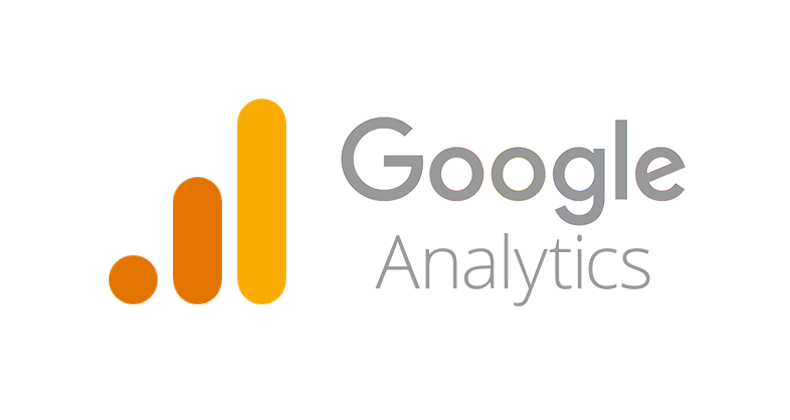
Google Analytics is a powerful web analytics tool that provides in-depth data on website traffic, user behavior, conversion rates, and more. It helps businesses understand their online audience and optimize their website performance.
2. SurveyMonkey
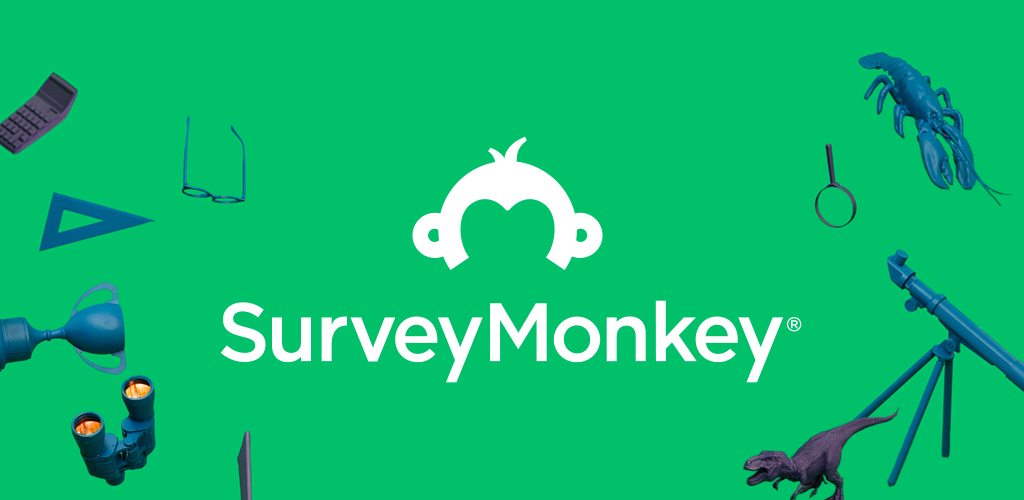
SurveyMonkey is a popular online survey platform that allows businesses to create and distribute surveys easily. It provides a range of survey templates, question types, and analysis tools, making it simple to gather valuable customer insights.
3. Qualtrics

Qualtrics is an enterprise-level research platform that offers advanced survey features, data analysis, and reporting capabilities. It is suitable for businesses requiring sophisticated market research tools and robust data analysis.
4. SEMrush
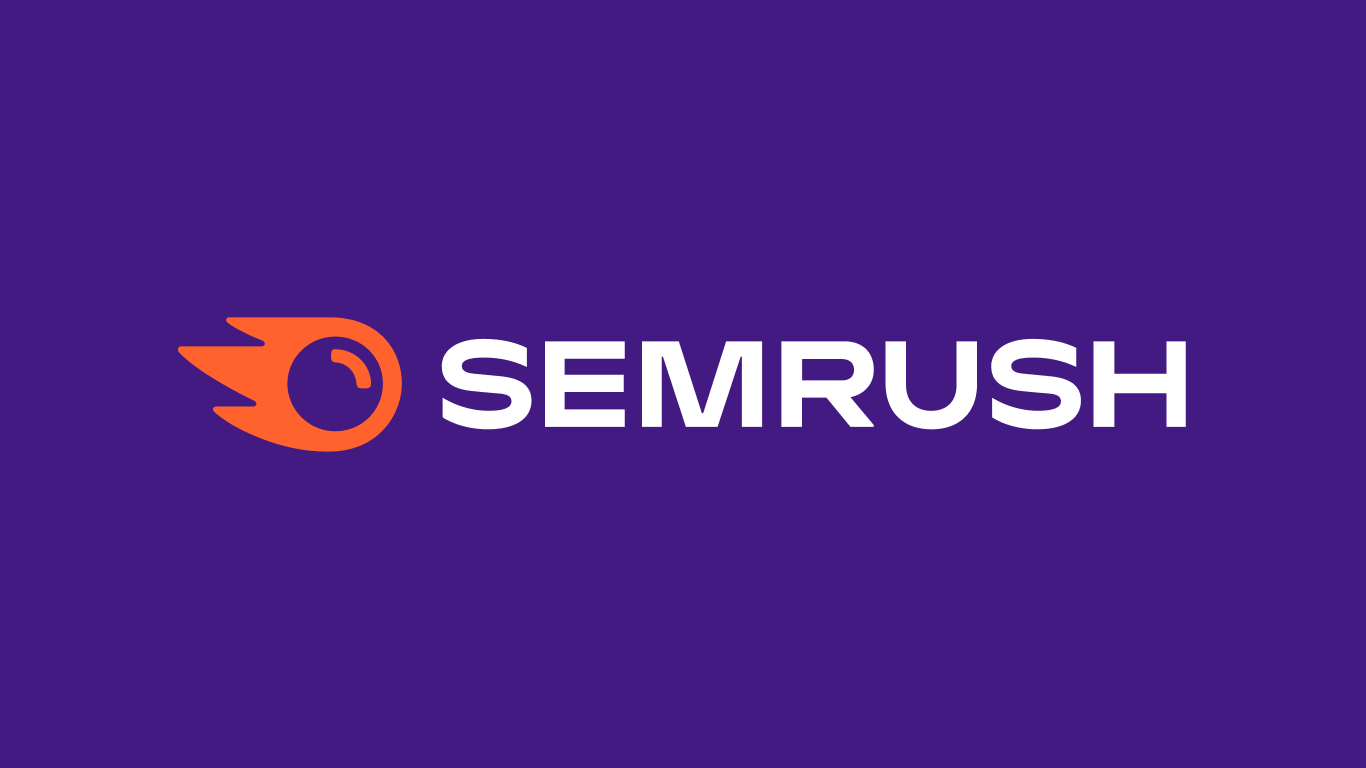
SEMrush is an all-in-one digital marketing tool that includes market research features. It provides insights into competitors’ organic and paid search strategies, keyword research, and content marketing analysis.
5. Moz
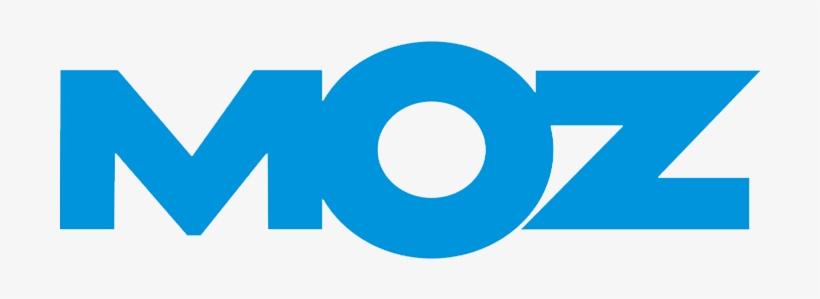
Moz is a comprehensive SEO toolset that includes features for keyword research, link analysis, website optimization, and rank tracking. It helps businesses improve their search engine visibility and understand their competitors’ SEO strategies.
6. Hotjar

Hotjar is a website behavior analytics tool that provides heatmaps, session recordings, and feedback polls. It helps businesses understand how users interact with their websites, identify usability issues, and optimize the user experience.
7. AIM Insights: Best Market Research Tools
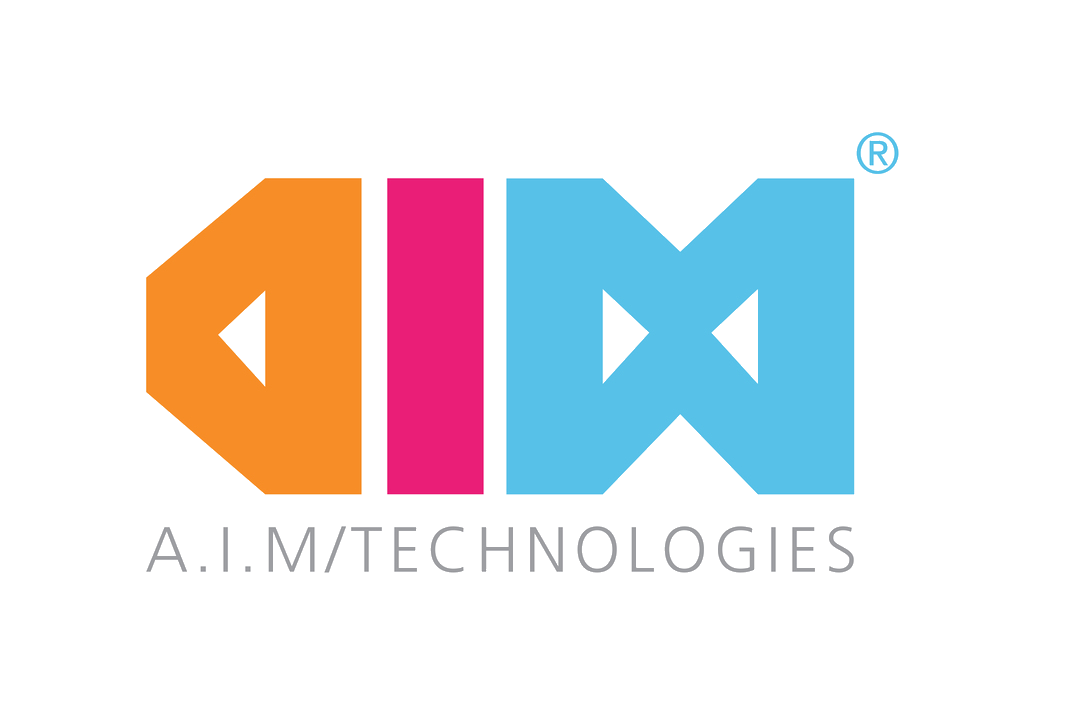
AIM Insights is a social listening and analytics tool that allows businesses to monitor social media conversations, track brand sentiment, and identify trends. It helps companies understand their online reputation and customer perceptions.
8. Mention

Mention is a social media monitoring tool that tracks brand mentions across various platforms. It helps businesses monitor their online presence, track competitors, and engage with their audience effectively.
9. BuzzSumo

BuzzSumo is a content research tool that helps businesses identify popular content, analyze trends, and find influencers in their industry. It assists companies in creating engaging content and understanding what resonates with their target audience.
10. Sprout Social
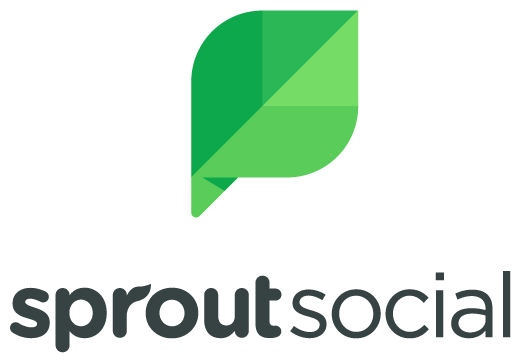
Sprout Social is a social media management tool that provides analytics, scheduling, and engagement features. It helps businesses manage their social media presence effectively and measure the impact of their social media strategies.
How to Choose the Best Market Research Tools
1. Define Your Research Objectives
- Before selecting marketing research tools, clearly define your research objectives. Determine what data and insights you need to gather to make informed decisions.
2. Consider Your Budget
- Consider your budget and evaluate the cost-effectiveness of different tools. Some tools offer free versions or trial periods, while others require a subscription or licensing fees.
3. Evaluate Features and Capabilities
- Evaluate the features and capabilities of each tool. Consider factors such as survey customization options, data analysis capabilities, reporting functionalities, and integration with other tools or platforms.
4. Check User Reviews and Ratings
- Read user reviews and ratings to get a sense of the tool’s usability, reliability, and customer support. Feedback from other users can provide valuable insights into the tool’s strengths and limitations.
Benefits of Using B2B Market Research Tools

1. Better Decision Making
- Marketing research tools provide businesses with valuable data and insights to make informed decisions. By understanding customer preferences, market trends, and competitive landscapes, companies can tailor their strategies and offerings accordingly.
2. Understanding Customer Needs
- Market research tools help businesses gain a deep understanding of customer needs and preferences. This knowledge enables companies to develop products and services that align with customer expectations, leading to higher customer satisfaction and loyalty.
3. Identifying Market Opportunities
- Marketing research tools help identify untapped market opportunities. By analyzing consumer behavior, competitors, and emerging trends, businesses can discover new niches, target specific customer segments, and capitalize on market gaps.
4. Minimizing Risks
- Market research tools help mitigate business risks by providing valuable insights before making significant investments. Understanding market dynamics, customer demand, and potential challenges allows companies to make calculated decisions and minimize potential losses.
5. Tracking Competitors
- Marketing research tools enable businesses to monitor their competitors’ strategies, offerings, and customer perceptions. This competitive intelligence helps companies stay ahead of the game and develop effective strategies to differentiate themselves in the market.
Key Features of Effective Market Research Tools
When choosing a market research tool, consider these features to ensure it meets your needs:
1. Data Accuracy
Accurate data is the foundation of reliable market insights. Ensure the tool sources data from reputable and current databases.
2. User-Friendliness
A user-friendly interface can save time and reduce the learning curve, enabling you to get the most out of the tool quickly.
3. Cost-Effectiveness
Consider the tool’s pricing model. Some tools offer free versions or trials, while others require a subscription. Choose one that fits your budget without compromising on essential features.
4. Integration Capabilities
A tool that integrates well with your existing software (like CRM or email marketing tools) can streamline your workflow and enhance productivity.
Challenges
1. Data Accuracy
Ensuring data accuracy is a significant challenge. Inaccurate data can lead to faulty conclusions and poor business decisions. Use reliable tools and verify data sources to mitigate this risk.
2. Time Constraints
Conducting thorough market research can be time-consuming. Efficient tools that automate data collection and analysis can help save time and streamline the research process.
3. Interpretation of Data
Interpreting data correctly is crucial. Misinterpretation can lead to incorrect strategies. Use tools that offer clear and concise analytics, and consider consulting experts when needed.
Conclusion
In today’s data-driven business environment, market research tools play a vital role in helping companies gain valuable insights into their target audience, competitors, and market trends. By leveraging the power of these tools, businesses can make informed decisions, understand customer needs, identify opportunities, and track their competitors. The market research tools mentioned in this article provide a range of features and capabilities to suit different business needs. Choose the tools that align with your objectives, budget, and preferences to boost your business insights and stay ahead of the competition.
Ready to take your market research to the next level? Request a demo from AIM Technologies and discover how our advanced market research tool can revolutionize your business. With our cutting-edge features, intuitive interface, and dedicated customer support, we’re here to help you unlock the true potential of your market research efforts. Don’t miss out on valuable insights that can drive your business growth.
FAQs
What is the purpose of market research?
- Market research aims to gather data and insights about a specific market, product, or service. It helps businesses understand consumer behavior, preferences, and market dynamics, enabling them to make informed decisions.
How can market research tools help my business?
- Market research tools provide valuable data and insights that can enhance your business decision-making process. They help you understand customer needs, identify market opportunities, track competitors, and mitigate risks.
Are there any free market research tools available?
- Yes, some market research tools offer free versions or trial periods. However, they may have limitations in terms of features or data analysis capabilities. It’s essential to evaluate your specific requirements and consider the trade-offs between free and paid tools.
Can market research tools provide real-time data?
- Yes, certain marketing research tools, such as social media listening or website analytics tools, can provide real-time data. This enables businesses to monitor customer sentiment, track trends, and respond promptly to market changes.
What industries can benefit from market research tools?
- Marketing research tools are beneficial for businesses across various industries. Whether you’re in e-commerce, healthcare, technology, or any other sector, understanding your target audience, competitors, and market trends is essential for success.




